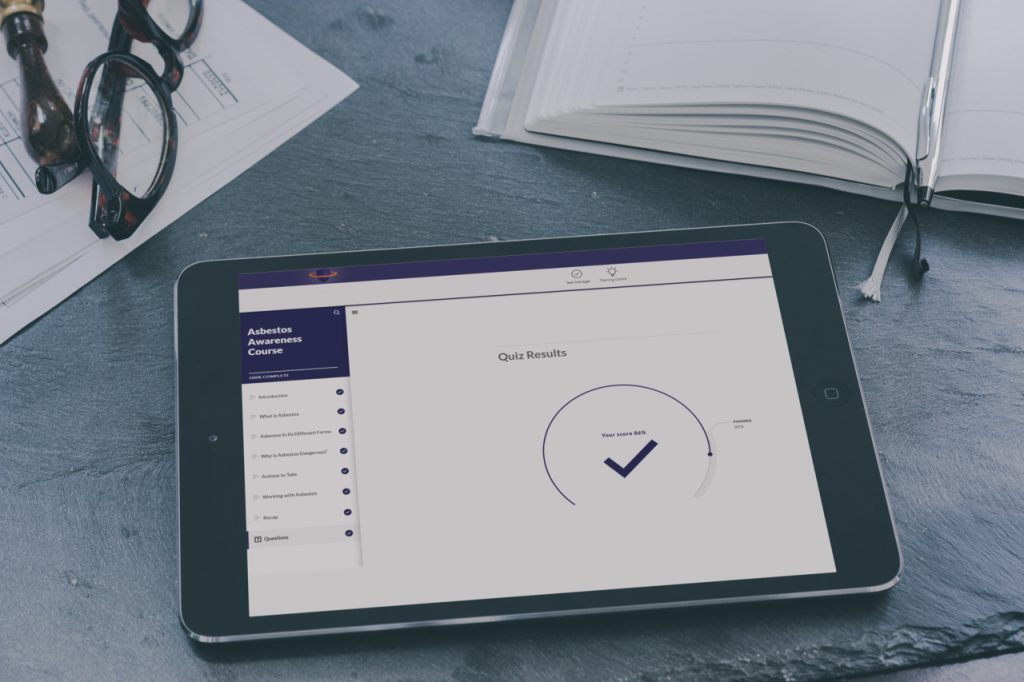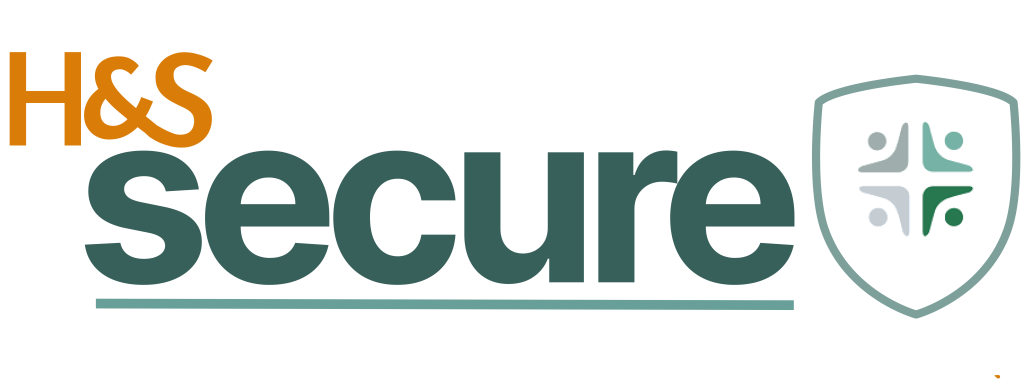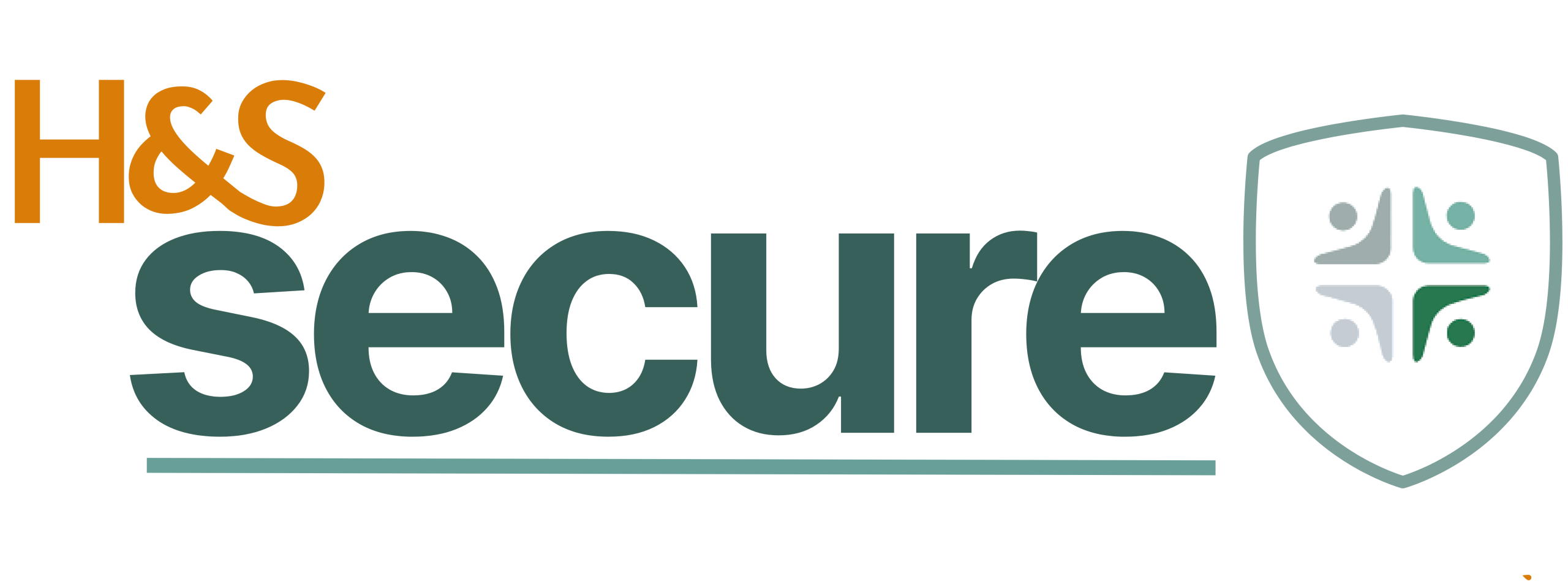Transform your training provision with a smart E-Learning platform.
Choose from more than 75 E-Learning courses covering safety, HR and business protection
Enhance your team’s skills across safety, HR and business protection with our flexible E-Learning platform, which allows you to easily monitor progress and ensure that essential training reaches all individuals who require it.
Explore more than 75 pre-existing courses or receive assistance in developing personalised courses. Additionally, our learning management system enables you to track external training accomplishments and create comprehensive course packages for seamless onboarding experiences.

T100 Benefits:
All courses are accredited with RoSPA, CPD and/or iiRSM
Course library covering more than 75 topics
Build a complete record of your team’s training history
Notifications when training is out of date and needs to be retaken
Combine courses together to create bundles for inductions or for specific job roles
Users can conveniently complete courses at their own pace, using any device they prefer
Receive certificates that can be printed to celebrate successes
Integrates with T100 HR and safety software modules
Learn More Below:
What is an E-Learning Management System?
The t100 E-Learning management system (LMS) is a software application created to streamline the management, delivery, and monitoring of online learning programs and courses. It serves as a central hub for organising educational content, tracking student progress, and evaluating learning outcomes.
Key features and functionalities commonly found in e-learning management systems include:
- Course management: the LMS empowers administrators and instructors to effortlessly develop and arrange courses, encompassing content structuring, assignment and quiz incorporation, as well as multimedia elements.
- User management: this allows administrators to effectively manage user accounts, providing them with the ability to handle tasks such as student enrolment, granting instructor privileges, and ensuring user authentication.
- Content management: the LMS offers features for uploading, storing, and organising different kinds of learning materials, including documents, slideshows, videos, and interactive modules.
- Assessment: the LMS empowers trainers to design quizzes, assignments, and assessments, monitor student progress, and streamline scoring procedures.
- Reporting and analytics: This feature enables the tracking of learner performance, generating progress reports, and gaining valuable insights into the effectiveness of the course.
- Responsive across all devices: the LMS platform was created with mobile compatibility in mind, allowing students to conveniently access course content and participate in educational tasks through their smartphones and tablets.

